Register for free and continue reading
Join our growing army of changemakers and get unlimited access to our premium content
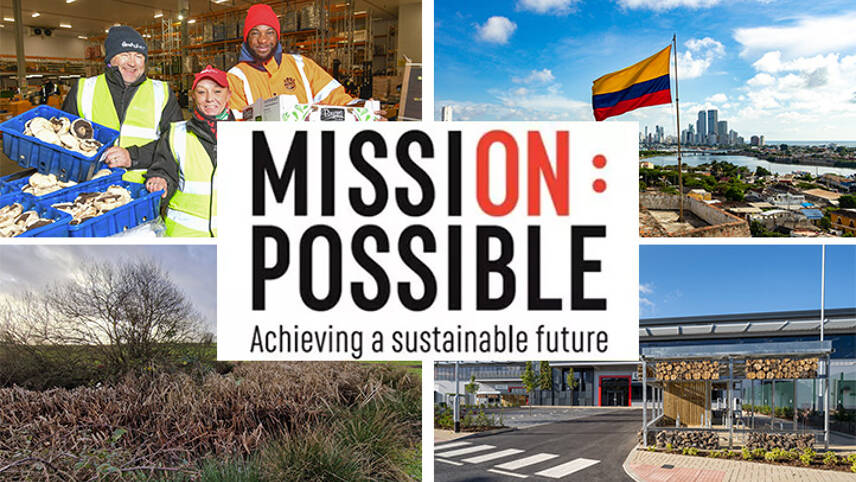
Published every week, this series charts how businesses and sustainability professionals are working to achieve their ‘Mission Possible’ across the campaign’s five key pillars – energy, resources, infrastructure, mobility and business leadership.
Across the UK and the world, leading businesses, cities, states and regions are turning environmental ambitions into action. Here, we round up five positive sustainability stories from this week.
ENERGY: Colombia confirms ban on new oil and gas exploration
In stark contrast to edie’s home patch, the UK, where the Government has just wrapped up a new oil and gas leasing round that may yet land it in court, the Colombian government has this month announced an end to new oil and gas exploration projects.
Colombian President Gustavo Petro, elected last August, ran on a pledge to end the nation’s economic reliance on oil and instead scale up new, more environmentally sustainable sources of export revenue. Irene Velez, minister for mines, spoke at the World Economic Forum’s conference in Davos to confirm that measures will be implemented to end new oil and gas leasing rounds “immediately”.
“While that has been very controversial, it’s a clear sign of our commitment in the fight against climate change,” Vélez said. “This decision is absolutely urgent and needs immediate action.”
Oil currently accounts for around half of Colombia’s export revenue. Environmentalists are urging policymakers not to bridge this shortfall in the future by scaling up sectors such as intensive agriculture without better safeguards for forests and soils.
RESOURCES: London businesses collaborate to direct surplus food to local charities
The cost of living crisis has resulted in an influx of demand at food banks, including from people who have never before needed to use them. The Trussell Trust posted a UK-wide 81% year-on-year increase in demand last spring. Demand is increasing in all parts of the UK, even economic hub London, where one in four residents now faces food insecurity.
To help support these people while also minimizing waste, food firms Sysco and Brakes have formed a new partnership with City Harvest – a charity that redistributes food to vulnerable people across and beyond London. City Harvest will collect surplus food from Sysco’s Fresh Direct and Wild Harvest depot in Dagenham and from Brakes’ site in Park Royal and distribute it within its network of local charity partners. Partners include Shepherd’s Bush Families Project and The Soup Kitchen London.
It is estimated that the two businesses will collectively provide around 200,000 meals every year through the partnership. In addition to the community benefit, this will help them drive down waste and associated emissions.
City Harvest’s chief executive Sarah Calcutt said: “Our partnership with Sysco ensures no good food is wasted and people facing extreme hardship will be able to feed their families. Across Wild Harvest, Brakes and Fresh Direct, we source an extensive range of fresh quality food and ingredients that our charities will use to promote health and wellbeing to vulnerable people in this tough economic climate.”
MOBILITY: Testing almost complete for UK’s first all-electric autonomous bus service
The electric bus market is growing more rapidly in some nations than the electric car market, as cities seek more modern vehicles to reduce air pollution and emissions from public transport. Straits Research forecasted last year that the global electric bus market will experience a compound annual growth rate of 18% through 2030, surpassing $3.1bn at this point.
A recent edition of the Sustainability Success Stories covered a new collaboration on long-distance e-buses in Germany. In another story of innovation in this space, First Bus this week began trials on public roads of autonomous electric buses in Oxfordshire. It is hoping to launch the UK’s first pure-electric autonomous bus service to passengers travelling to and from the Milton Park business, science and technology park. The route should launch within weeks, served by accessible single-decker buses.
Supporting First Bus in its endeavor have been Fusion Processing, the University of the West of England, Milton Park and Oxfordshire County Council. The UK Government covered the majority (£3m) of the £4.3m project cost.
“The launch of the UK’s first zero emission autonomous vehicle is a stellar example of how technology can support modal shift with wide partnership working between Central and Local Government, operators and local business,” said First Bus’s managing director Janette Bell.
THE BUILT ENVIRONMENT: UK’s highest BREEAM score awarded to London business park with onsite solar
When we think of green buildings, we often think of innovative blocks of offices or apartments in city centres, perhaps with eye-catching features like living walls and timber frames.
But the UK’s highest BREEAM score, of 94.9%, has been provisionally awarded this month to business park SERGO Park Tottenham, which comprises eight units and sits in an industrial neighbourhood of depots and big box stores just east of Dagenham Dock.
All buildings on the site generate more renewable energy than they consume, with almost 2,000 solar panels fitted across the site. This solar array serves electric vehicle (EV) charging points as well as the buildings themselves. The buildings have been designed for energy efficiency in their fabric and are also fitted with smart sensors to identify any energy and water use ‘hotspots’.
Air quality has been another focus for the developers. Each building has smart sensors monitoring indoor air quality. For outdoor air quality, the estate boasts green walls, hedges, new trees and new wildflower meadows, which also contribute to biodiversity impact.
SERGO’s managing director for Greater London, Alan Holland, said: “We are hugely proud to have pushed the boundaries for sustainable development with SEGRO Park Tottenham. Not only is this our highest BREEAM rating to date, we are not aware of another comparable urban logistics development in the UK which has achieved a higher score.
“We opted to develop the estate speculatively and are confident that its highly sustainable urban warehousing in an inner London location will continue to attract cutting-edge businesses.”
BUSINESS LEADERSHIP: Triodos Bank backs creation of new nature reserve in Somerset
Many of us have probably been thinking about how ‘green’ our bank is this week, thanks to a new campaign by Make my Money Matter. The initiative, co-founded by Richard Curtis, has convened celebrities including Emma Thompson and Stephen Fry to put pressure on high-street banks to stop financing fossil fuel expansion.
Elsewhere, Triodos Bank UK has announced a £3.75m loan to charity Heal Rewilding, to support the creation of its first nature reserve. It believes it is the first commercial loan of its kind in the UK.
Heal Rewilding is creating the reserve on a 460-acre site near Burton, Somerset. It will work with local organisations to design the specific layout of the site, with initial consultations resulting in ideas such as wildflower meadows, a community orchard and facilities to enable children to learn about biodiversity. The site will also make use of regenerative methods of grazing, with Heal set to introduce small numbers of grazing animals. The animals will not be farmed but rather be tasked with “engineering the local ecosystem”.
Heal Rewilding co-founder Jan Stannard said: “The process of rewilding has already begun and though it will take many years for nature to recover, we expect to see positive changes immediately, first small and then more visible within a couple of years. The potential for nature to bounce back at Heal Somerset is huge and we want to show that together we can take fast, practical action to benefit nature, climate and people.”
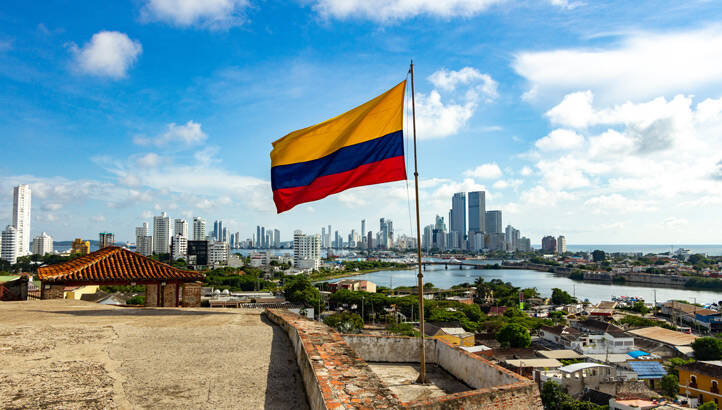
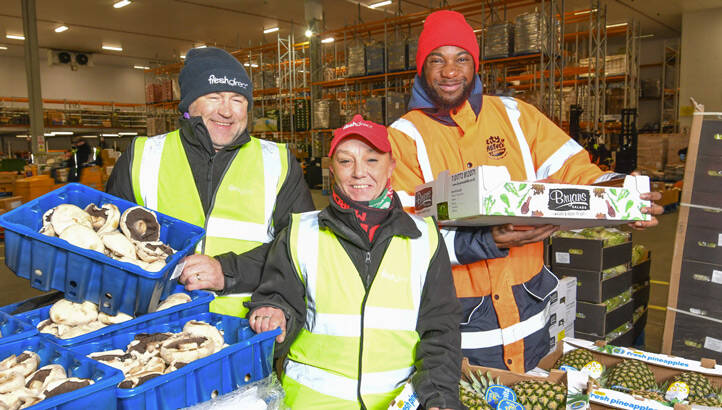
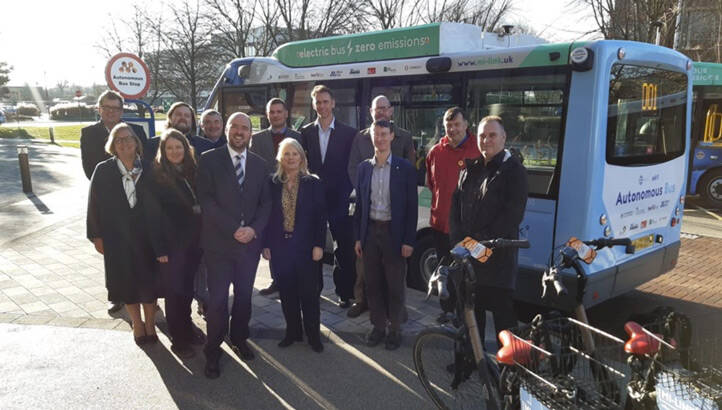
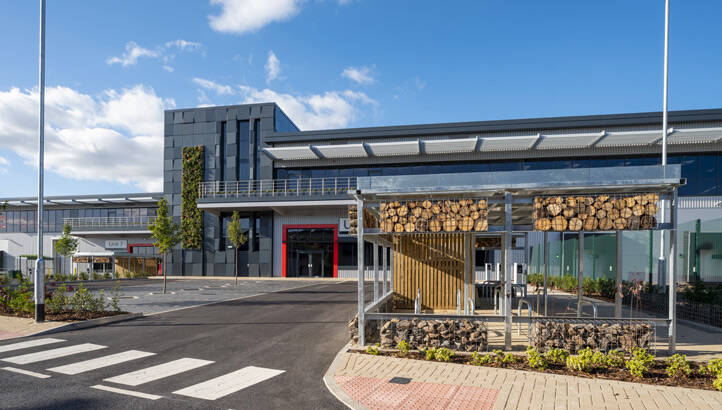
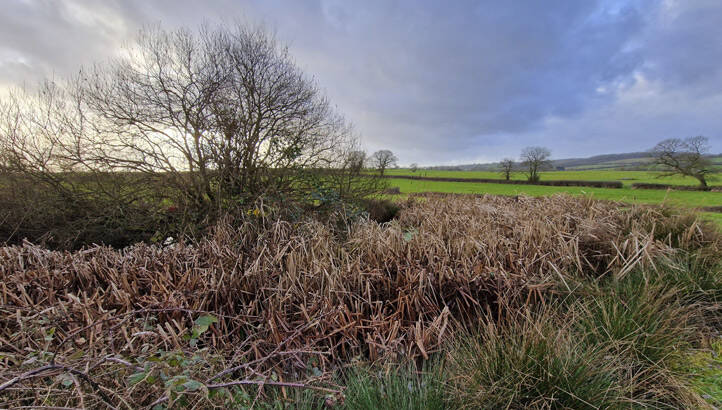


Please login or Register to leave a comment.